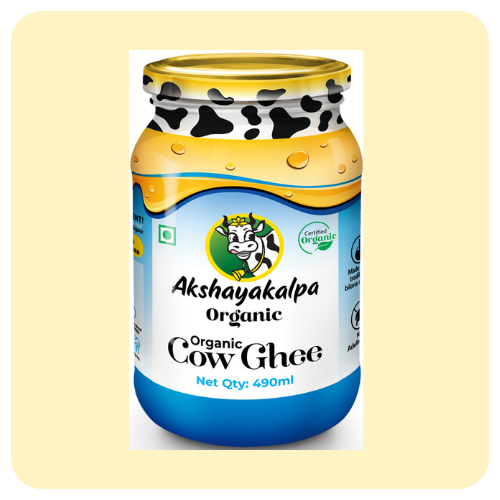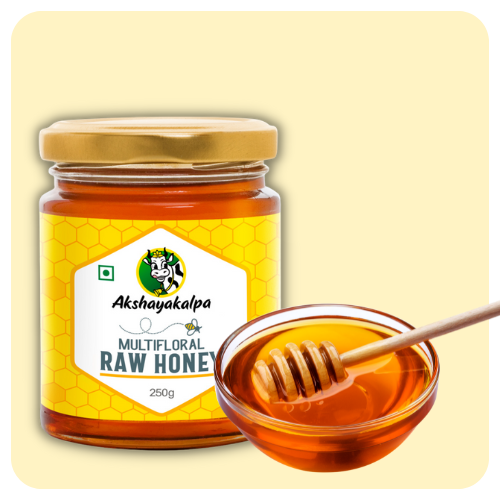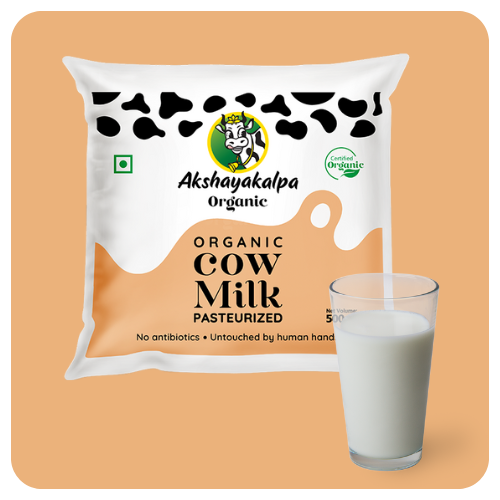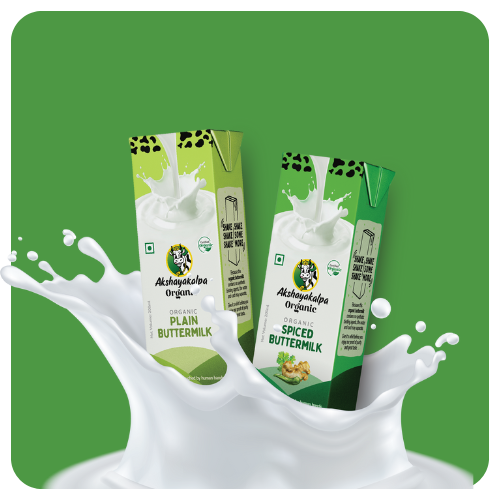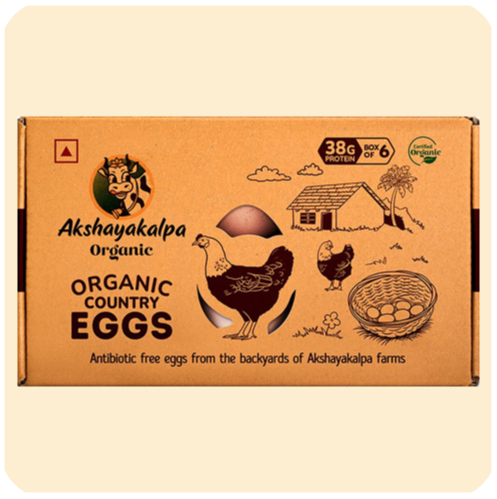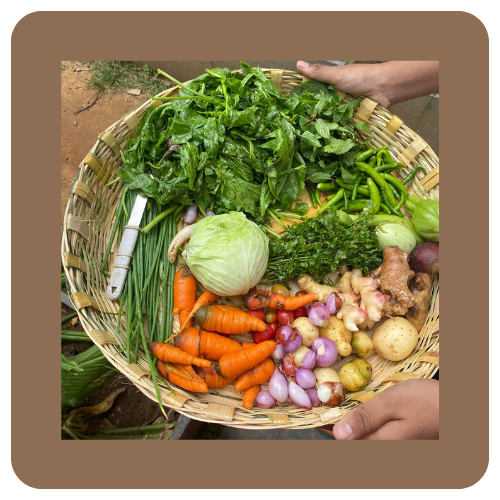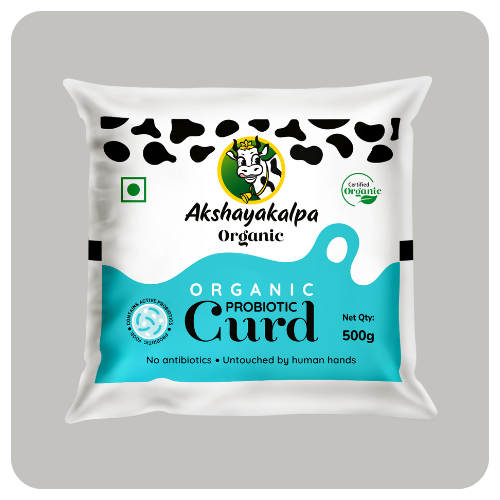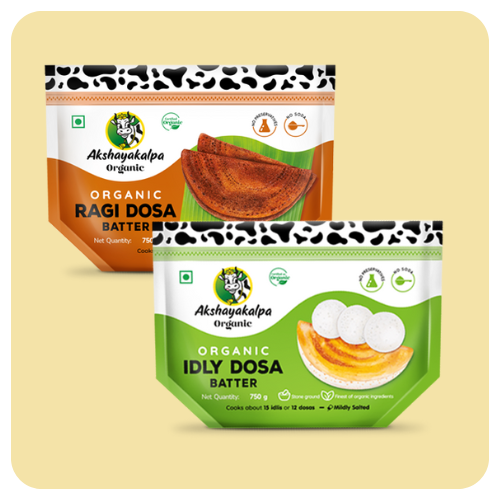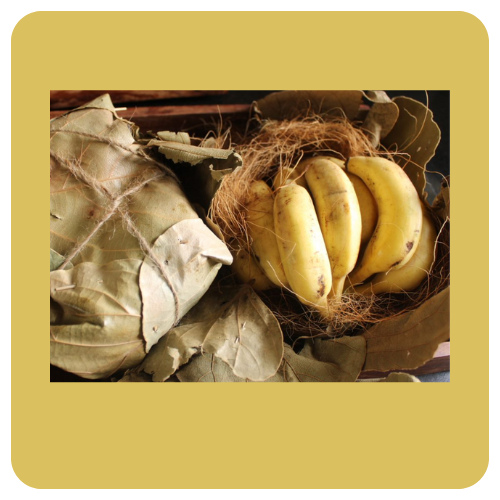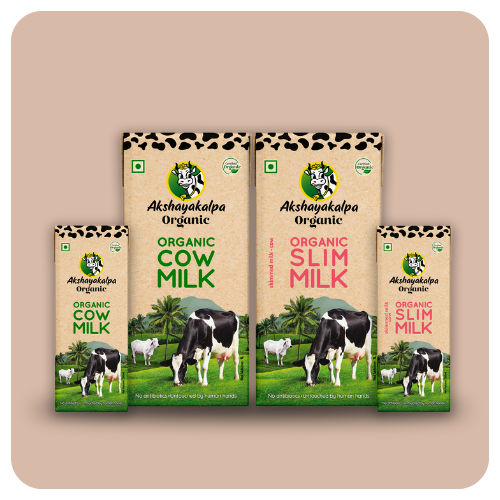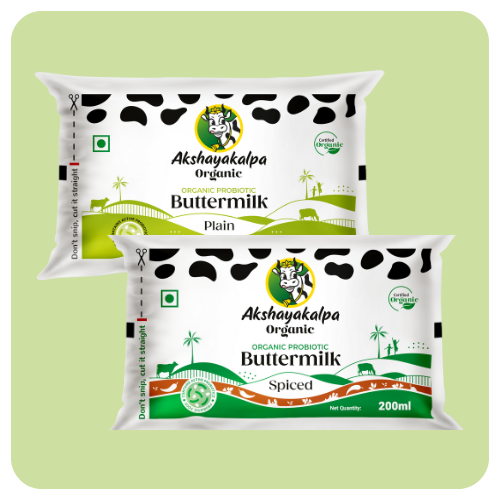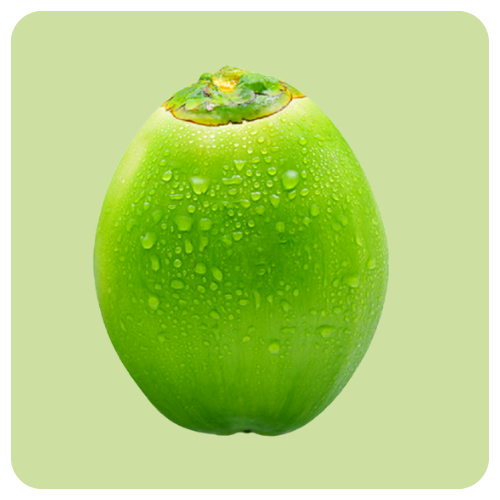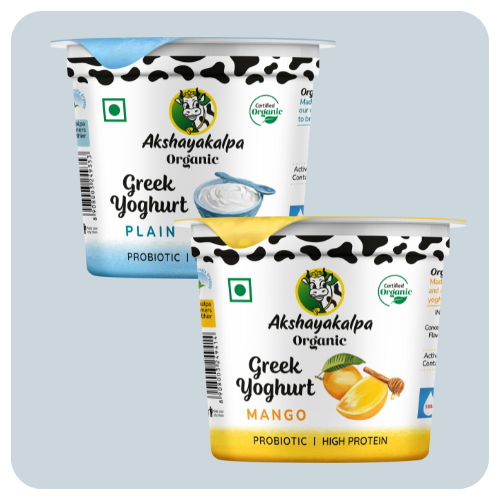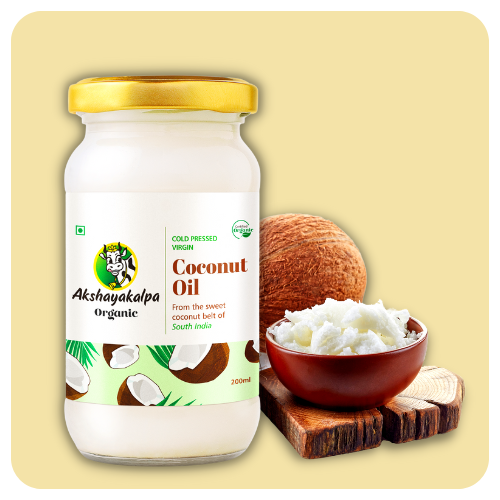All in a day’s work: 4 things bees make you’ve probably never heard of!
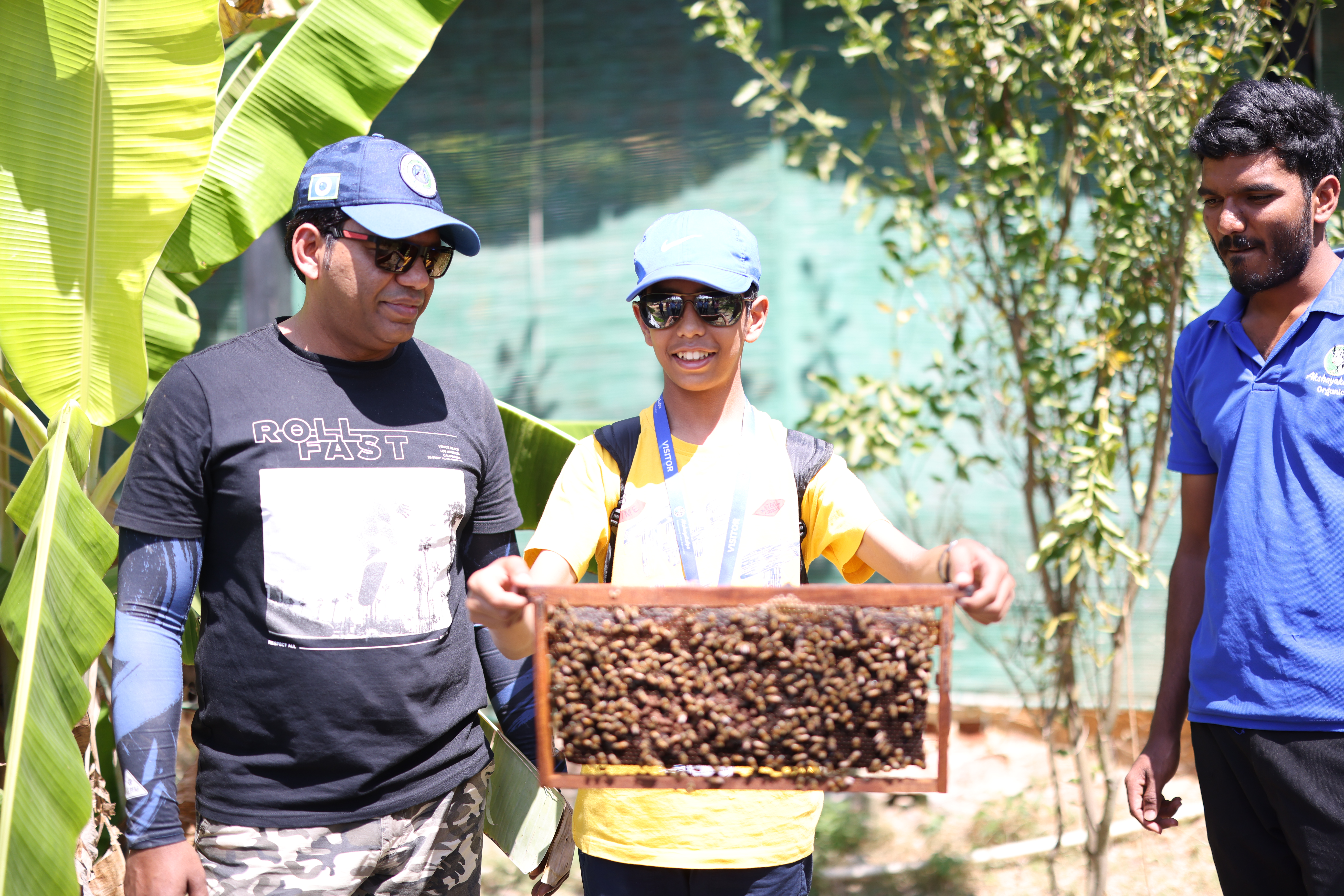
Bees are one of the most industrious beings on Earth. It takes 12 bees their entire lifetime to make a spoon of honey where every bee visits 50 to 100 flowers each time it sets out to collect nectar. At their most productive, a single colony can make up to 800 kilograms of honey.
But bees make a lot more than just honey.
While, among everything that bees make, honey is the most popular with almost all Indian households – having a jar of honey for their cooking and home remedies – the others too come with a wide range of uses.
Here’s a glimpse of what gives them the term ‘Busy bees!’:
1. Propolis
When bees combine the sap of certain trees with compounds released by their own body, they create a sticky greenish-brown substance called propolis or bee glue, which the bees use to build and repair their hive. The medicinal benefits of propolis date back to thousands of years. The Greeks used it to treat abscesses and the Assyrians used to apply it on wounds and tumours to prevent infection and aid in the healing process. Most popularly, the Egyptians used it when embalming mummies.
However, although the modern studies of the health benefits of propolis are inconclusive and hard to establish, it still finds its way into traditional medicines and remedies the world over.
2. Bee venom
That horrible, painful feeling when you get stung by a bee? That’s thanks to bee venom!
Bee venom is most commonly used to treat allergies caused by bee stings. Repeated and controlled injection of bee venom helps the immune system handle the bee venom better and helps reduce the severity of the allergy. It is also used for osteoarthritis, Parkinson disease, multiple sclerosis, and nerve pain. However, the studies on reliability of bee venom are still underway and again, it is popular in ethnic remedies.
To extract a gram of bee venom, on average, 20 bee hives need to be visited. Under optimum conditions, ten thousand worker bees can produce a gram of bee venom.
3. Royal jelly
Royal jelly is the milky secretion produced by worker bees. It gets its name from the fact that the bees use this jelly for the development and nurturing of queen bees – the ‘Mother’ bee in the hive.
Royal jelly is used to treat liver disease, kidney disease, PMS, bone fractures, asthma, hay fever, pancreatitis, stomach ulcers, insomnia, menopausal symptoms, skin disorders, and high cholesterol.
It is also used as a general health tonic, for fighting signs of aging and boosting the immune system.
While studies have shown the benefits of the bioactive properties of royal jelly, but it is yet a largely unexplored area in health and wellness. (1)
4. Beeswax
Beeswax is probably the second most popular commodity associated with bees, after honey.
It is the wax secreted by workers bees, used for constructing and repairing the honeycombs. There are 8 glands in the abdomen of the female worker bees that produce this thick, yellowy wax.
While most people consider this wax a by-product of extracting honey, beeswax has several uses. With its widespread used in the cosmetic industry, it is a popular ingredient in formulations used to moisturize the skin, clear acne, heal cracked lips, reduce stretch marks, and treat various skin conditions such as diaper dermatitis, psoriasis and eczema.
Due to its anti-inflammatory properties, bees wax can help with pain relief too. Candles made with beeswax are non-toxic and help with relaxation and stress relief.
While all these various things made by bees are gaining popularity, the coveted place still remains with honey.
Sourced from the nectar of a thousand wildflowers, Akshayakalpa Multifloral Raw Honey is unfiltered, unpasteurized and unaltered. Raw honey is unprocessed and retains all the essential micronutrients that aid in boosting immunity and cell regeneration. Our honey is produced using ethical ways of beekeeping that conserve flora as well as protect the bee population from the exploitation of commercial honey production. Akshayakalpa Multifloral Raw Honey is thus pure, natural, and most importantly, ethical.
References:
1. https://www.mdpi.com/1420-3049/28/3/1510
